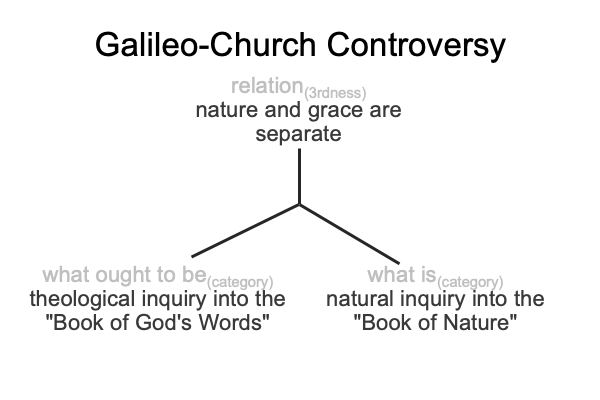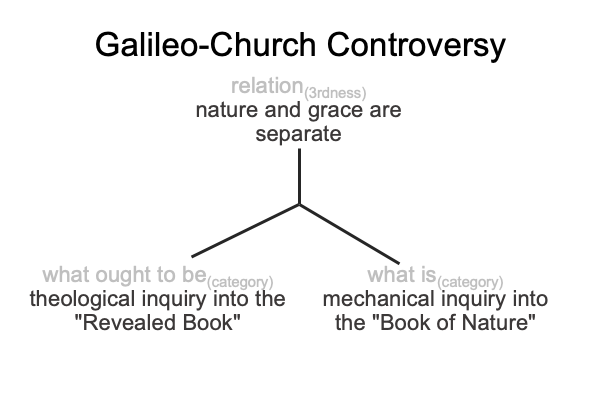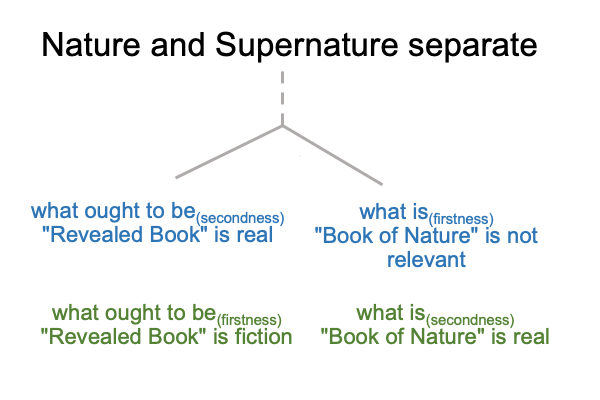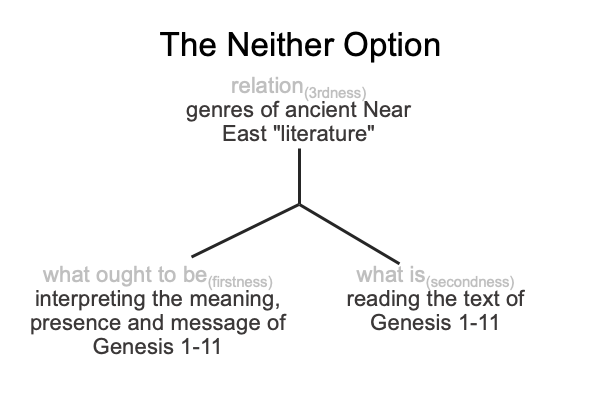Looking at the Book (2015) Genesis: History, Fiction or Neither? (Part 36 of 38)
0128 Kenton Sparks adds one more actor responsible for putting the Pentateuch into final form. The editor does not care whether the diverse genres mesh together smoothly. Why? The jumble of genres is intrinsic to the authentic unfolding of God’s covenant.
Sparks calls this editor, “an Ethnic Anthologist”.
0129 Does that make the genre of the Pentateuch an ethnic anthology?
If so, then we have an answer to why Paul calls Jesus, “the New Adam”.
0130 Paul funnels the entire Jewish tradition back through David, Moses, Abraham and Noah. Paul goes all the way back to Adam.
He does not know that Adam associates to the first singularity.
He does not know that the first singularity defines our current Lebenswelt.
Yet, he intuitively knows that Adam connects the Jewish witness to all humanity.




